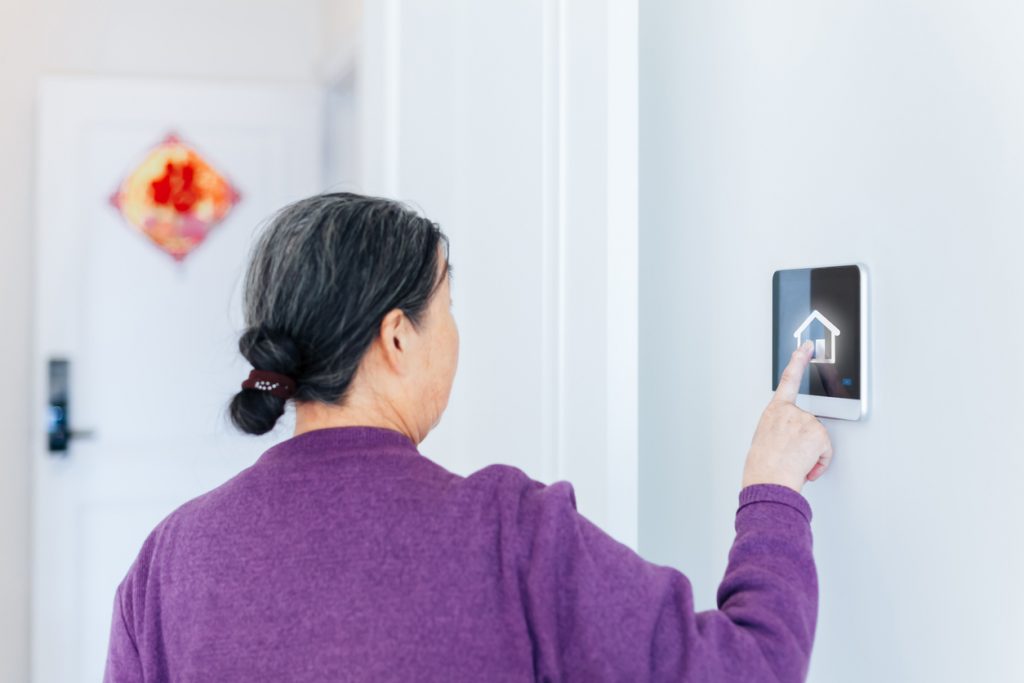How AI is Revolutionizing Care For Older Adults
Aging is an inevitable part of life, and it often brings new health challenges that require routine care. Unfortunately, with the aged population at its highest rate in history, there is likely to be a significant shortage of medical and care staff to take on the increased burden of elder care within the next decade or two.
As such, families and doctors are turning to artificial intelligence (AI) to help manage healthcare. Currently, AI can be found in all aspects of elder healthcare, and it is leading to better outcomes and improved quality of life.
Smart Monitoring Means More Independence
In the past, it was common for older adults to be relegated to nursing homes or expensive, around-the-clock care communities as soon as the first signs of difficulties with memory or mobility were detected.
Now, older adults can live comfortably in relative independence thanks to AI. While it’s often helpful to have caretakers check in on them, many can still enjoy privacy and autonomy with the advent of smart home systems.
Voice-activated home assistants can give medication reminders, play engaging cognitive games, help older adults maintain a daily schedule and even transmit voice or video messages from family and physicians. In addition, some systems can be set up to alert if a person falls or fails to acknowledge reminders within a certain window of time.
Robotic Care Companions Are on the Rise
A variety of AI eldercare robots exist. Some are in the form of a tabletop virtual display aimed at keeping older adults mentally engaged and happy. Others are more humanoid in design and can move about, remember facts from conversations and use machine learning to hold intelligent conversations.
These companions can often perform the same tasks as a human caregiver but at a significantly lower cost. They also offer constant, tireless companionship, which is important for older adults with Alzheimer’s, dementia or depression.
AI is Changing the Face Of Elder Care
Being able to live an independent, fulfilling life for as long as possible is an important goal for many older adults, but this is often complicated by health issues and changes in mobility. Human caregivers are becoming increasingly less accessible. Allowing AI to step in has the potential to revolutionize how many older adults spend their golden years.
